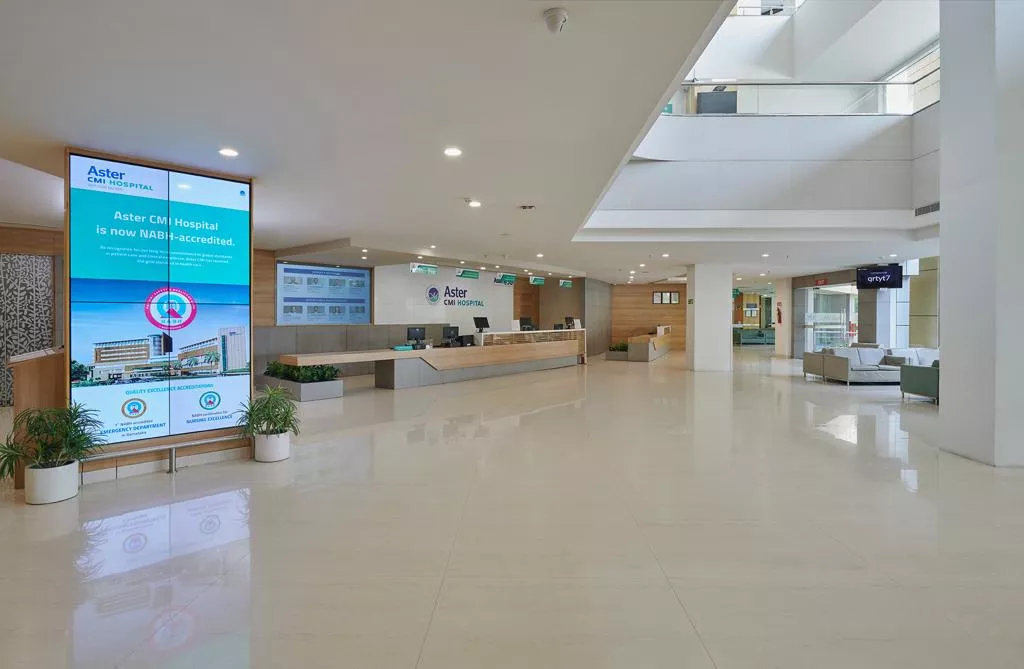Overview
Aster CMI Hospital stands as one of India’s leading destinations for heart transplant services, providing life-saving care with a patient-centered approach. Our Heart Transplant Program caters to patients with end-stage heart failure, offering heart transplants and a full range of heart failure treatment options. We are one of the few hospitals in India equipped with Ventricular Assist Devices (VADs) and LVAD (Left Ventricular Assist Devices), essential for patients in need of advanced support while awaiting a heart transplant or recovering post-surgery. These mechanical heart support devices are crucial resources, allowing patients with severe heart failure to regain stability and extend their wait time for a suitable donor heart.
VADs play a vital role as a "bridge to transplant" for patients whose hearts are too weak to function on their own. They circulate blood mechanically, sustaining patients until a donor heart is available or aiding recovery following a transplant. The availability of these heart pump devices at Aster CMI reflects our dedication to cutting-edge treatments and our standing as a premier cardiac care hospital in India.
In addition to VADs, we also provide ECMO support (Extracorporeal Membrane Oxygenation) and Artificial Heart LVAD, extending our capacity to support critically ill patients. This advanced heart support highlights our unique ability to manage the most complex heart conditions, giving our patients access to rare cardiac treatment resources. Our team of cardiac surgeons and top cardiologists for heart transplants bring unmatched precision and expertise to the heart transplant journey, ensuring the best outcomes through every step of pre- and post-transplant care.
Our cardiology team utilizes the latest in diagnostics—including cardiac ultrasound, CT scans, MRI, and cardiac biomarker testing—to guide treatments and closely monitor the health of our transplant patients. This holistic and comprehensive care approach positions Aster CMI as a leader in both heart transplants and heart failure management.
Supporting Services for Holistic Heart Care
At Aster CMI Hospital, we are dedicated to comprehensive cardiac care beyond heart transplants. Our electrophysiology specialists address heart rhythm disorders with pacemaker implantation, radiofrequency ablation, and 3D mapping for precise diagnosis and treatment. Our Pediatric Cardiology unit also plays a key role in transplant assessments and offers specialized care for young patients with congenital or acquired heart conditions. Additionally, our Preventive Cardiology & Rehabilitation services encompass heart failure rehabilitation, structured exercise programs, and lifestyle guidance, ensuring long-term wellness for post-transplant patients.
We have some of the best specialty doctors from around the world, they bring years of experience and offer evidence-based treatment to ensure the best care for you
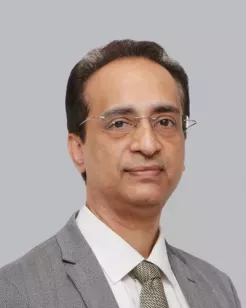
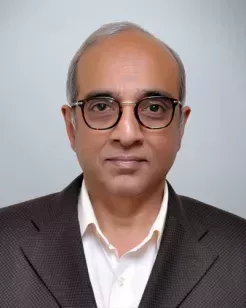
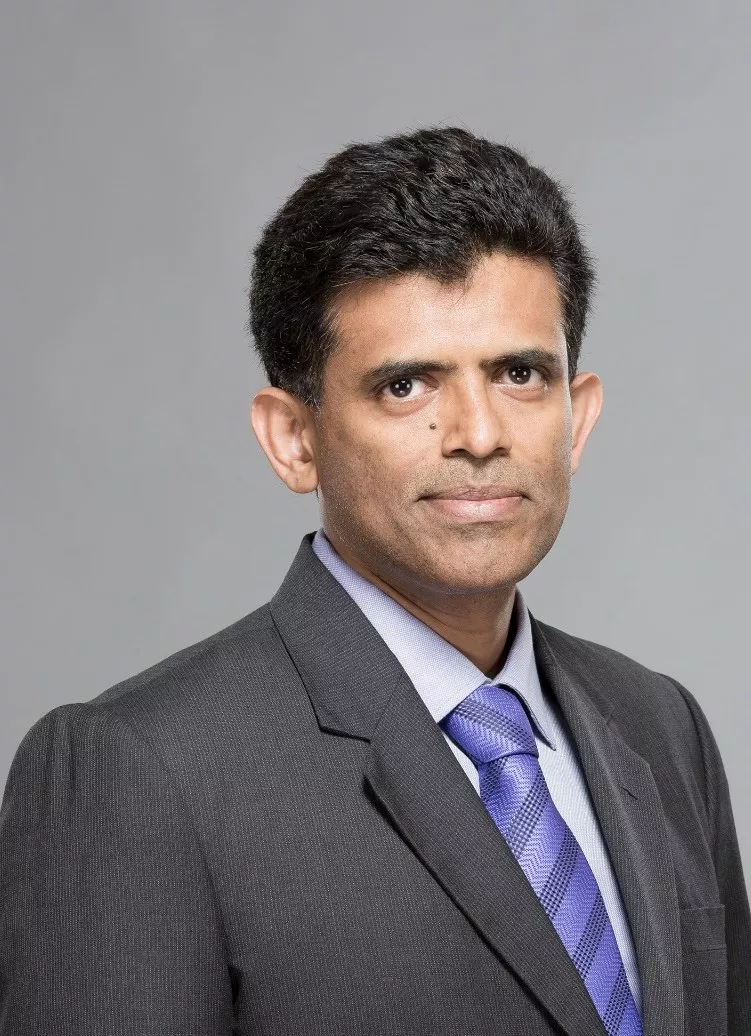
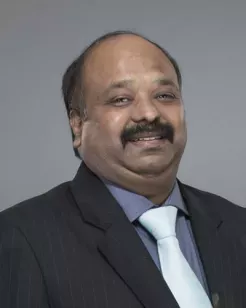
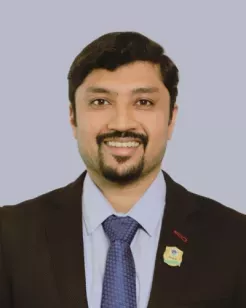
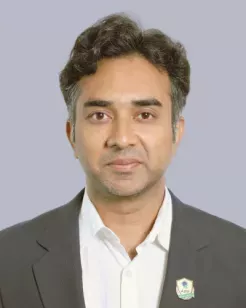
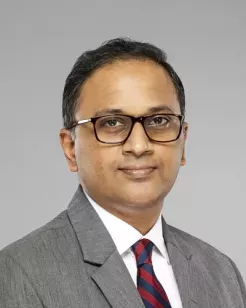
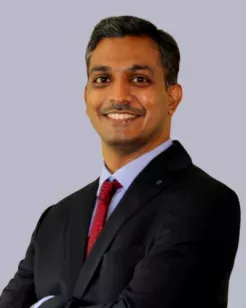
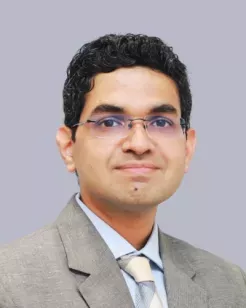

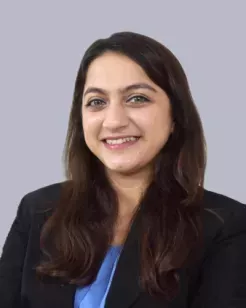
A heart transplant is a surgical procedure in which a failing or diseased heart is replaced with a healthy heart from a donor. It is typically necessary for patients with end-stage heart failure or severe heart conditions that haven’t responded to other treatments.
The wait time for a donor heart can vary based on factors like blood type, body size, and the urgency of the recipient's condition. Patients are placed on a transplant waiting list and may wait weeks, months, or even longer for a suitable match.
VADs are mechanical pumps that support heart function and blood flow in patients with severe heart failure. They are used as a "bridge to transplant," helping stabilize patients while they await a donor heart or as a long-term solution for those ineligible for transplant.
Heart transplant recipients must take immunosuppressive medications for life to prevent the body from rejecting the new heart. They may also need other medications to manage blood pressure, cholesterol, and potential side effects of immunosuppression.
Yes, maintaining a healthy lifestyle is crucial after a heart transplant. This includes eating a balanced diet, avoiding alcohol and tobacco, exercising as recommended by the healthcare team, and managing stress to protect heart health and overall well-being.
Eligibility depends on factors such as the severity of heart disease, overall health, age, and the ability to follow a long-term treatment plan. Patients must undergo a thorough evaluation to determine if they are suitable candidates.
The process includes an initial evaluation, getting placed on a waiting list, finding a matching donor, undergoing the transplant surgery, and then following a strict post-operative care and rehabilitation plan to ensure recovery and reduce the risk of rejection.
Post-transplant recovery involves a hospital stay, typically for a few weeks, where the patient is closely monitored for signs of rejection or infection. Following discharge, patients need regular follow-ups, medications to prevent rejection, and may participate in cardiac rehabilitation to regain strength and health.
Heart transplant success rates have improved significantly over the years, with most recipients enjoying an improved quality of life. The long-term success depends on factors like the patient’s overall health, adherence to medication, and lifestyle changes.
Cardiac rehabilitation helps heart transplant patients regain strength, improve cardiovascular health, and transition safely back into daily activities. The program is tailored to individual needs and includes exercise, nutrition counseling, and education on maintaining a heart-healthy lifestyle.
What our Patients are saying
Our patients are our best advocates, hear the inspiring stories of their treatment journey.


